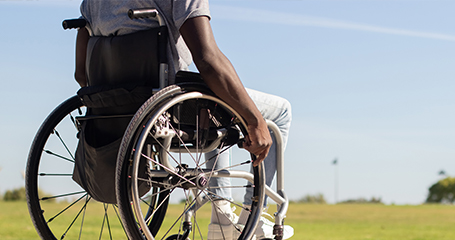Key Nutritional Needs
Seniors have specific nutritional requirements:
- Adequate protein for muscle maintenance
- Calcium and Vitamin D for bone health
- Fibre for digestive health
- Healthy fats for brain function
- Adequate hydration
Common Nutritional Challenges
Seniors may face several challenges that affect their nutrition:
- Decreased appetite and taste changes
- Difficulty chewing or swallowing
- Medication side effects
- Limited mobility affecting food preparation
- Social isolation leading to poor eating habits
Practical Meal Planning Tips
To ensure proper nutrition:
- Plan balanced meals with variety
- Prepare foods that are easy to eat
- Consider meal delivery services
- Make mealtimes social when possible
- Consult with a registered dietitian
Hydration is Key
Dehydration is common among seniors. Encourage fluid intake through:
- Regular water consumption throughout the day
- Flavored water or herbal teas
- Water-rich foods like fruits and soups
- Setting reminders to drink fluids
Good nutrition is an investment in health and quality of life. Work with healthcare providers to develop a nutrition plan that meets individual needs and preferences.








1 Comment
Matthew Garcia